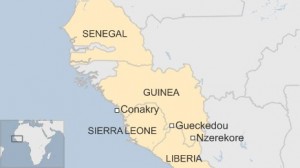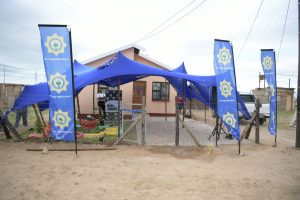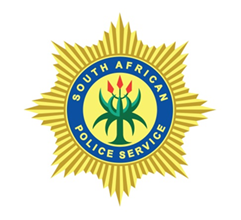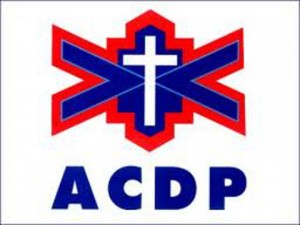 Senegal became the fifth West African country affected by what the World Health Organisation calls the Ebola world war.
Senegal became the fifth West African country affected by what the World Health Organisation calls the Ebola world war.
The Senegalese Minister of Health and Social Action, Awa Marie Coll Seck said: ‘The results of tests conducted by the Pasteur Institute of Dakar proved positive for Ebola’ she also pleaded for calm and good hygiene. ‘This is a young Guinean student in a University of Conakry who appeared in consultation Tuesday, August 26, 2014 in hospital (Fann) in infectious table without hemorrhage, concealing the information that he had contacts in Guinea with relatives affected by the disease ‘, said the Minister.
The Health Minister also added that under International Health, WHO ‘has been informed and is committed to providing technical and financial support’ in Senegal.
Senegal has since decided on August 21 to close to new land borders with Guinea, “taking into account the evolution of the Ebola virus, which poses a public health problem of global significance.”
This is done on the air and sea borders for aircraft and ships from the Republic of Guinea, Sierra Leone and Liberia.
The Ebola outbreak occurred earlier this year in Guinea, before spreading in Liberia and Sierra Leone, neighboring countries and Nigeria.
In its latest Ebola virus report released Thursday, the WHO counted 1,552 deaths per 3069 cases and reports that the total number of cases could eventually exceed 20,000.
The Ebola virus is transmitted by direct contact with blood, body fluids or tissues of people, but also by consumption or contact with infected animals.
There is still no effective treatment or vaccine against this disease










